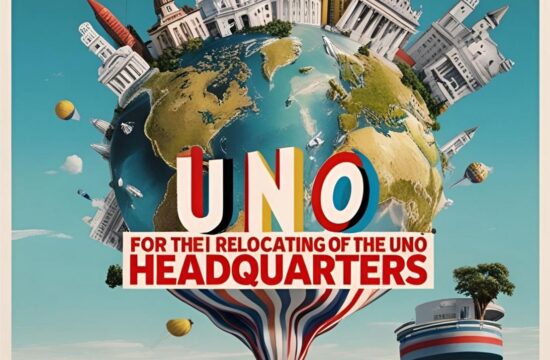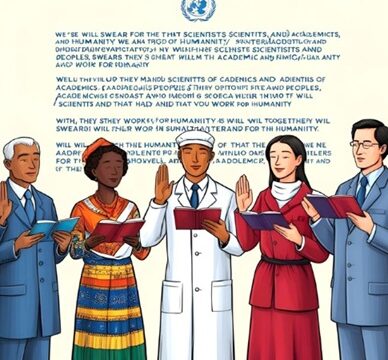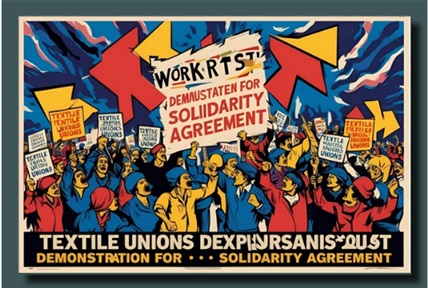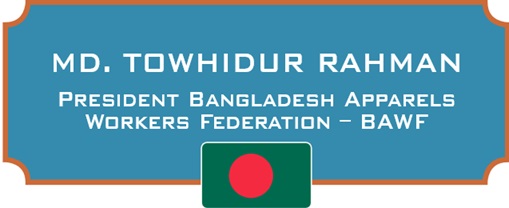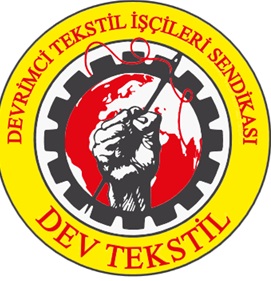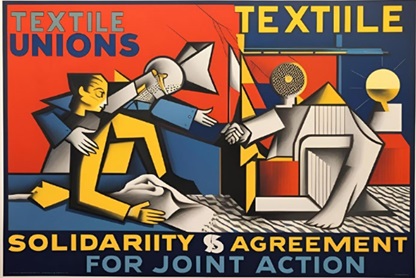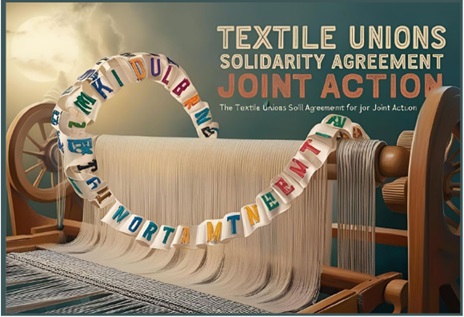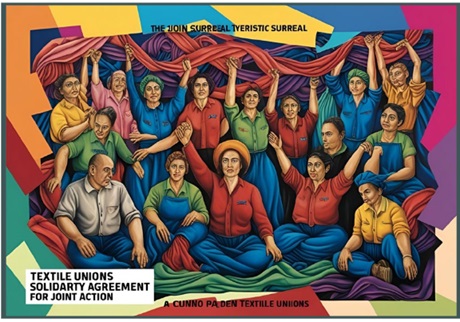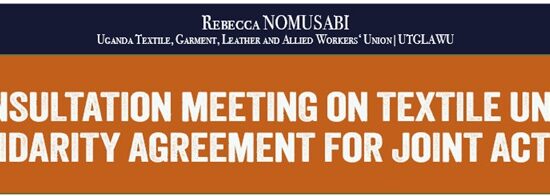Dr. Halit SUICMEZ
Economist-Writer – TÜRKIYE
Concepts of “poverty threshold and hunger threshold” are constantly on the agenda in Türkiye.
Obviously, misery, poverty, hunger, subsistence indicators are phenomena deepened by capitalism. On the background of poverty and hunger, we see a great deal of income inequality and unemployment.
There should be a certain amount of “reserve army of unemployed” under capitalism so that the wage and other demands of existing employees can be ignored.
The lack of income, unemployment, inefficiency and the unfavorable conditions in the labor market are the reasons for the deep poverty, the need for social aids of large masses of people, the decline in the purchasing power and the high cost of living in Türkiye.
First, we should take a look at recent developments in these areas.
Looking at the situation of Türkiye in terms of income distribution and its place in the world in terms of competitiveness, we find the following results;
Income inequality in Türkiye has worsened in recent years.
A study based on data from the Turkish Statistical Institute shows that the shares of all households from the first segment to the nineteenth segment reduced to a greater or lesser extent. (Ümit Şenesen, Interesting Changes in Income Distribution with TurkStat Data, November 23, 2024, facebook post)
The share of the 20th segment with the highest income increased surprisingly. The increase in 17 years (from 2005 to 2022) is 21.68 percent.
The share of income for the 95 percent of the population has fallen in 2022 compared to 2005. (the same source)
Currently, the weakest point of Türkiye’s global competitiveness is its labor markets. This was the case also in the past.
In 2013-14, we ranked 130th out of 148 countries in the efficiency of labor markets. (Source; The Global Competitiveness Report 2012-2013. 2013 Report of the World Economic Forum (WEF).
Being ineffective in labor markets indicates that we have many weaknesses in working life.
This is because we are far from European standards in many areas such as high number of work accidents, child labor, low labor productivity, low wages, subcontracting, low unionization,
quality of labor, lack of investment, rent economy and unregistered work.
Türkiye was ranked 44th among 62 countries in the world competitiveness index in 2015-2019, falling to 50th in 2024. (Source; International Institute for Management Development 2024, PWC Analysis.)
In terms of public administration efficiency, the country dropped from 51st in 2020 to 63rd in 2024.
In terms of business productivity, it dropped from 36th to 52nd place.
All these problems, combined with high unemployment, lead to low or no income, poverty of working class people, general misery and housing problems, as well as problems in education and health.
The economy is a political phenomenon and is driven by politics.
Politics is shaped entirely by the production mode and economic infrastructure. J.J.Russo states the following about the relationship between politics-economics-governance;
“Tyrannical rule, instead of ruling to make the people happy, makes them miserable in order to dominate them.”(Cevdet Kudret, Havada Bulut Yok, Evrensel Basım Yayım, December 2006, p.40)
In the capitalist system, local-general governments provide some social aid to reduce poverty.
Could these practices eradicate hunger and poverty? Of course not.
The objective is not to eradicate, but to reduce. In Crime and Punishment, Dostoevsky writes the following;
“In principle, I am against such aid. Because the aid does not eradicate the suffering, it serves to drag it on for a while longer.” (ibid. p.204)
The economy occasionally experiences periods of scarcity, decreases in production and increases in the cost of living. These cycles (boom in production, stagnation, collapse, etc.) are all problems created by Capitalism.
During the first and second imperialist partition wars there were such intense famines, starvation and misery, and today such severe problems, very high enclaves, high cost of living, widening of the borders of hunger and poverty continue.
During those war years, when the warehouses ran out of supplies and people came to the door with bags in their hands, what was the answer?
Were they going to say, „We have kept you alive for a few more months; now you can die“?
Then what is the difference between dying a few months ago and dying a few months later?
So the real problem is not in helping the poor, but in eliminating poverty.
Instead of social aid, wouldn’t it be better if the poor were employed by some institutions, if they contributed something to the country’s overall national income, if they didn’t sit idle, if they were at least “productive”?
Such a state of “productivity” also helps to solve some moral problems.
Instead of the idea of living without work, living on charity, begging, they should work for a living.
Atatürk has said it so beautifully: “Societies that seek to live comfortably without working, tiring and producing are doomed to lose first their dignity, then their freedom, and then their independence and their future.”
Because the Great Leader believed that economy means everything.
We should prevent unemployment through public-statist development policies, of which there are good and effective examples in the history of the Republic.
We need to find-create job and food for everyone. This is a constitutional obligation.
The Republic of Türkiye is a “secular, democratic and social state of law.”
On the one hand, we have land to be cultivated, we have industry, agriculture, service sectors, tourism potentials, and, on the other hand, we have unemployed, hungry and poor people…
Policies and economic practices are needed to connect all of these gems that are in separate places.
Although we cannot eradicate unemployment, we can reduce it significantly.
When unemployment is reduced, poverty will be reduced and there will be no need for social aid.
The hardworking, intelligent, resilient Anatolian people deserve to be much more productive and should have much better living conditions.
Sources Consulted
- Ümit Şenesen, Interesting Changes in Income Distribution with TurkStat Data, November 23, 2024, facebook post
- The Global Competitiveness Report 2012-2013. 2013 Report of the World Economic Forum (WEF).
- International Institute for Management Development 2024, PWC Analysis
- Cevdet Kudret, Havada Bulut Yok, Evrensel Basım Yayım, December 2006
- https://www.yazarportcom/kuresel-rekabette-en-zayif-oldugumuz-konu-isgucu-piyasalari/107353/
- Halit Suiçmez, “Our Weakest Point in Global Competition; Labor Markets, Yazar Portal, June 02, 2014
- Serap Ovalı, An Assessment on Türkiye’s Position in Terms of Global Competitiveness, International Journal of Economic and Administrative Studies, Year:7 Number 13, Summer 2014 ISSN 1307-9832


